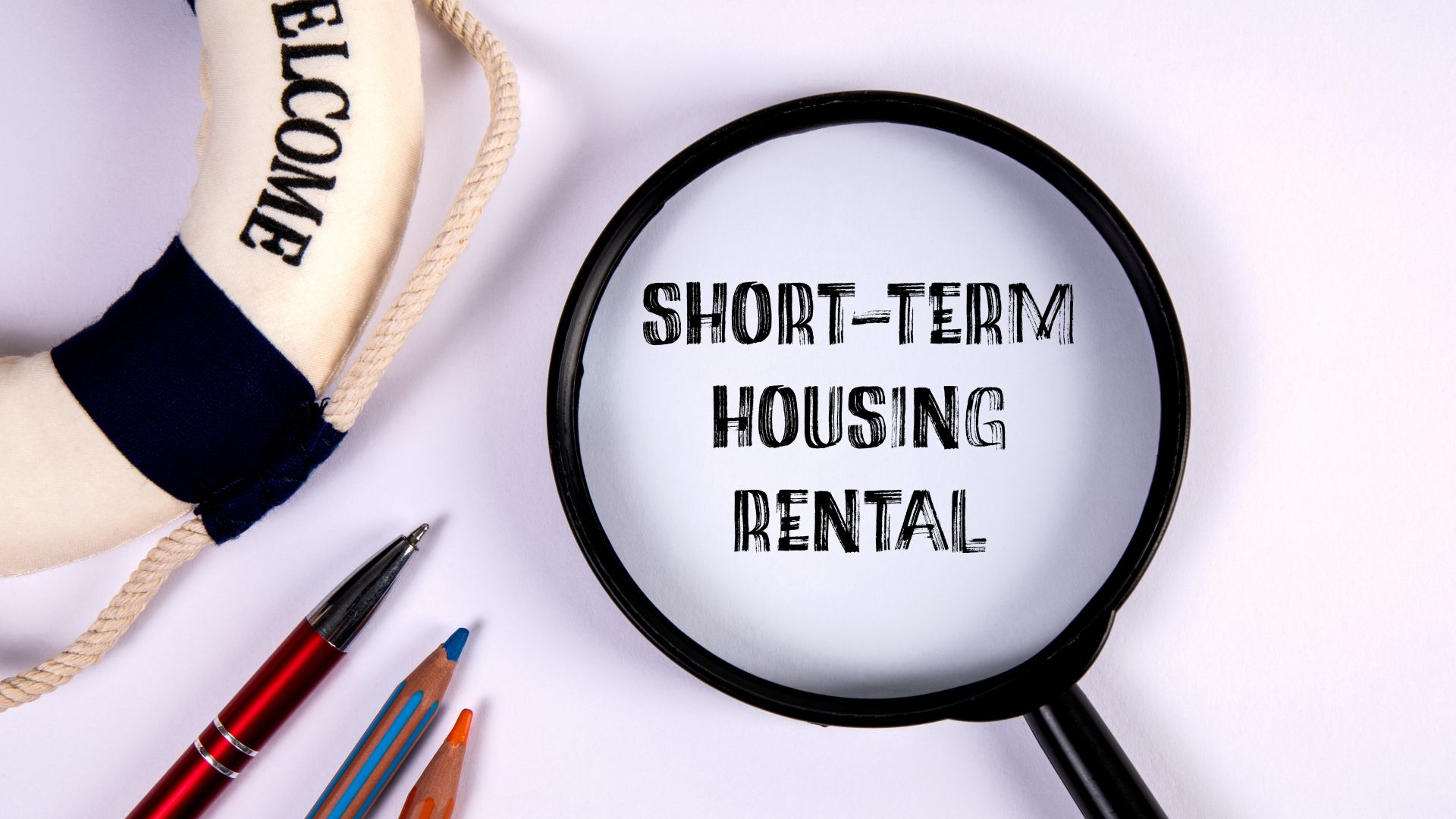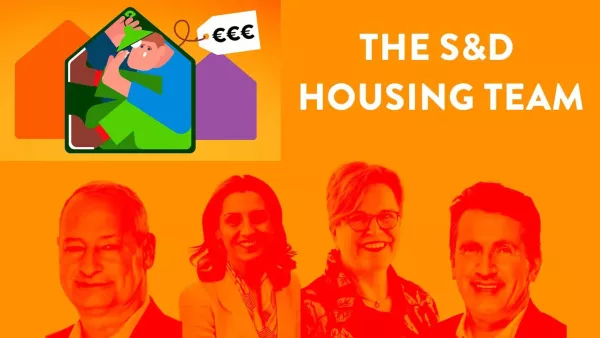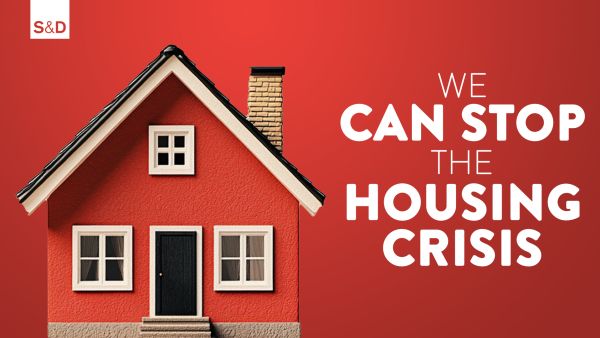S&D study on Short-Term Accommodation Rentals in the EU - Executive summary
Context and challenges
The rapid growth of short-term accommodation rentals (STARs) via platforms like Airbnb, Booking.com and others is reshaping housing markets and tourism across the EU.
In 2023, 719 million nights were booked via STARs – up 20.5% from 2022 – with growth continuing into Q3 2024. While STARs support tourism and local business, they also drive-up rents, reduce long-term housing and disrupt communities. In Florence, 20% of central flats are on Airbnb, and Madrid’s city centre has lost 15,000 residents since 2005. Studies across Europe, North America, and Australia link Airbnb density to rising rental prices. Commercial operators now dominate in cities like Lisbon, Porto and Barcelona, where over 70% of listings are managed by multi-property hosts. In Athens (92.2%) and Porto (80.5%), most listings are entire homes – removing them from the long-term market. By contrast, Barcelona and London offer more private rooms (35%+), suggesting less commercial saturation.
The social impact is also significant. STARs often convert residential neighbourhoods into tourist zones, eroding social cohesion and accelerating gentrification. Cities like Venice, Barcelona, Athens and Porto, where whole-home listings dominate and resident displacement rises, are particularly affected.
Discrimination on rental platforms remains an issue, with hosts reportedly favouring certain demographics. The scale of STARs also varies widely – Paris has over 90,000 active listings, compared to 10,000 in Amsterdam – highlighting the uneven impact across EU cities and the need for coordinated, yet locally adaptable regulation.
One of the main challenges with short-term accommodation rentals (STARs) across the EU is the fragmented and inconsistent legal framework, driven by various directives like the E-commerce Directive, the Services Directive, and the Digital Services Act. This creates uncertainty for local authorities, unsure of what rules they can apply or how far their powers go. Moreover, it hinders their ability to enforce regulations and protect affordable housing, while distorting competition in the hospitality sector. Despite the rise of STARs and concerns over their impact, the European Commission has avoided coordinated EU-wide action, instead leaving regulation to individual Member States.
Legislative proposal: key findings and innovations
In its 2016 Communication “A European Agenda for the Collaborative economy[1]” the EU Commission noted, that “the collaborative economy often raises issues with regard to the application of existing legal frameworks, blurring established lines between consumer and provider, employee and self-employed, or the professional and non-professional provision of services. This can result in uncertainty over applicable rules, especially when combined with regulatory fragmentation stemming from divergent regulatory approaches at national or local level.”
The aim of this legal exercise is to present a balanced and pragmatic response to the growing challenges posed by STAR activity. The proposal promotes regulatory coherence, consumer protection and social equity, while preserving space for innovation and local adaptation. It seeks to align market freedoms with essential public interest objectives, ensuring sustainable development of the short-term rental sector across the EU.
This study was conducted to explore the legal foundation for regulating short-term rentals at the EU level, offering a comprehensive analysis of the sector’s impact on housing, tourism and local economies. By mapping the most critical elements of the STAR landscape, the study identifies the key challenges and opportunities for action. The legislative proposal included within the study aims to demonstrate that there is a clear legal basis for EU intervention, offering Member States a coordinated framework while respecting their diverse national contexts.
The legislative study proposes an EU-wide legal basis for regulating STARs, drawing on Article 114 TFEU. It introduces minimum rules focused on hosts, aiming to provide proportionate and consistent framework for STARs across the Single Market, while providing legal clarity and legal certainty for local authorities. In some places, the proposal includes different variants to illustrate that a single legal framework can accommodate a wide range of viable implementation options.
The proposed directive fully recognises the value of short-term rentals as part of Europe’s tourism ecosystem and the collaborative economy. With this proposal, the S&Ds are not attacking platforms like Airbnb or Booking.com, but rather focusing on regulating hosts. Its goal is to bring order to the regulatory Wild West that the downstream rental market has become, where real-life impacts are being felt in neighbourhoods, housing and cities.
Main elements
A. Clear definition of non-professional and professional hosts
The proposed Directive establishes a distinction between non-professional and professional hosts. The distinction is based on the number of days a unit is rented per calendar year and how many units are provided by an individual host. The proposal explores different variations of the same idea, which is a maximum day limit per unit per calendar year and an option, whether for a Directive or for a Member State, to lay down a minimum number of rental days.
Defining non-professional and professional hosts is essential in order to reduce legal ambiguity in the short-term rental sector. Without such definitions, uncertainty over applicable rules, exacerbated by fragmented national regulations, undermines both enforcement and fair competition.
B. Proportional urban measures
While non-professional hosts should be able to rent out their properties with limited regulatory constraints, Member States may impose measures such as nightcaps, authorisation schemes, offsetting, and zoning restrictions in areas with significant housing pressure, which they deem most appropriate. The proposal sets forth multiple variants of such measures, which may apply exclusively to professional hosts or alternatively, at the discretion of a Member State, may also extend to non-professional hosts offering secondary units. Total bans are allowed only under exceptional and well-documented circumstances. All measures must adhere to the principles of proportionality, subsidiarity, and non-discrimination.
Including these measures directly in the proposal is crucial to provide legal certainty and reinforce the right of local authorities to act in the public interest. Jurisprudence from the Court of Justice, notably the Cali Apartments ruling, has already confirmed that authorisation schemes and similar tools can be justified to address pressing challenges like housing shortages. By recognising such instruments within the directive, the proposal upholds subsidiarity and ensures that local authorities remain empowered, and not constrained, in managing the impact of short-term rentals.
C. Minimum safety, security and quality standards and anti-discrimination measures
The proposal introduces mandatory safety and hygiene requirements aligned with existing EU guidance and best practices, such as fire safety measures, structural standards, sanitation protocols and insurance coverage, ensuring a basic level of consumer protection across all STAR listings. To combat discrimination on digital platforms, the Directive permits mandatory Instant Booking for professional hosts and encourages guest anonymisation features, ensuring fair and equal access to accommodation.
D. Enforcement and local autonomy
The proposal empowers Member States with flexible enforcement tools, such as inspections, penalties and data-driven monitoring mechanisms. It supports local authorities in tailoring rules to their housing markets, while fostering EU-wide consistency and legal certainty.
[1] European Commission, A European Agenda for the collaborative economy, COM (2016) 356.
The full study is available below
This study was carried out at the request of the S&D Group. The views expressed herein are those of the author and do not necessarily represent the official position of the S&D Group.













